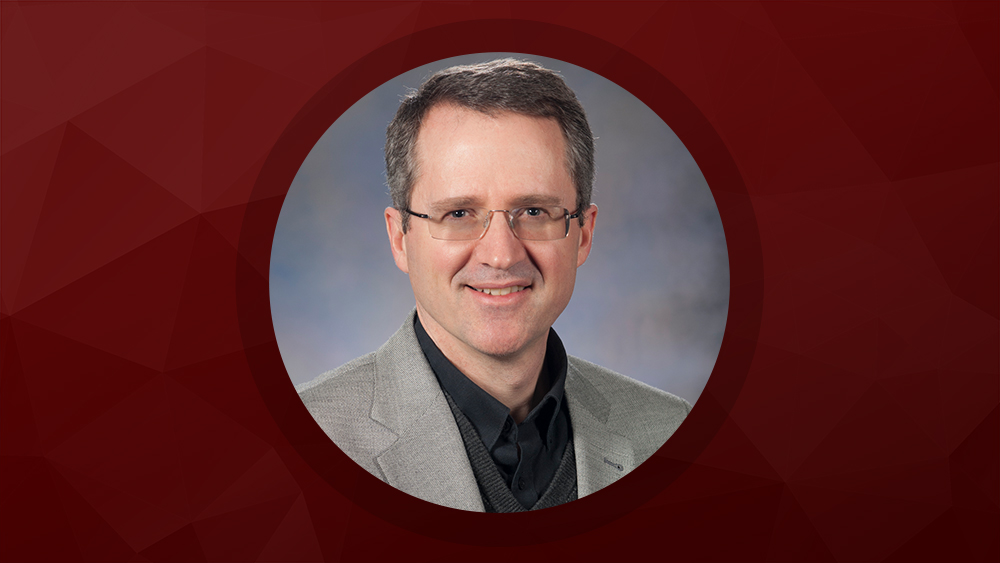
Dr. Timothy A. Davis, professor in the Department of Computer Science and Engineering at Texas A&M University, is the 2018 recipient of the Sigma Xi Walston Chubb Award for Innovation. This award is given to honor and promote creativity in science and engineering, and it carries an honorarium
Davis’ work focuses on solving sparse matrix problems, and he is a go-to expert in the area. Google Street View uses his software to place images in their accurate location to create a high-quality viewing experience for users. Linux also steadily relies on his software in its open-source systems, and his work is behind the programming platform MATLAB.
The use of his algorithms and software extends further than even he is often aware. For example, the Defense Advanced Research Projects Agency (DARPA) used Davis’ solvers to scan for illegal activity on the dark web, and this analysis helped the FBI rescue six girls from sex trafficking in Colorado.
"I encounter new applications of my work in unexpected areas, often out of the blue because the codes I write are so robust and well-documented that the engineers and scientists who rely on my work rarely need to ask me how to use them,” Davis said. “Google used my solvers for a year before they dropped me a note.”
The U.S. Geological Survey previously took days to create maps of the moon, Mars and other planets, but thanks to Davis’ solvers, they now create these maps in minutes.
“They thanked me for ‘helping to pave the way for future human exploration,’” Davis said.
Companies, government labs
As his research continues to impact the world of computing and assist others in their endeavors, an often-revisited crowd favorite of Davis’ algorithms is his art.
When a coordinator for the London Electronic Arts Festival caught sight of the colorful images of his sparse matrix collection, the coordinator asked Davis if he could graph music in the same way. Although it was completely unlike any he'd done before, Davis' creative passion led him to accept the challenge. In 2013, the London Electronic Arts Festival used his artistic algebra as their theme for the event, and his artwork appeared on billboards all over London.
Today, Davis’ research is focused on two areas: sparse linear algebra on graphics processing units (GPUs), and methods for solving graph algorithms in the language of
Davis will speak